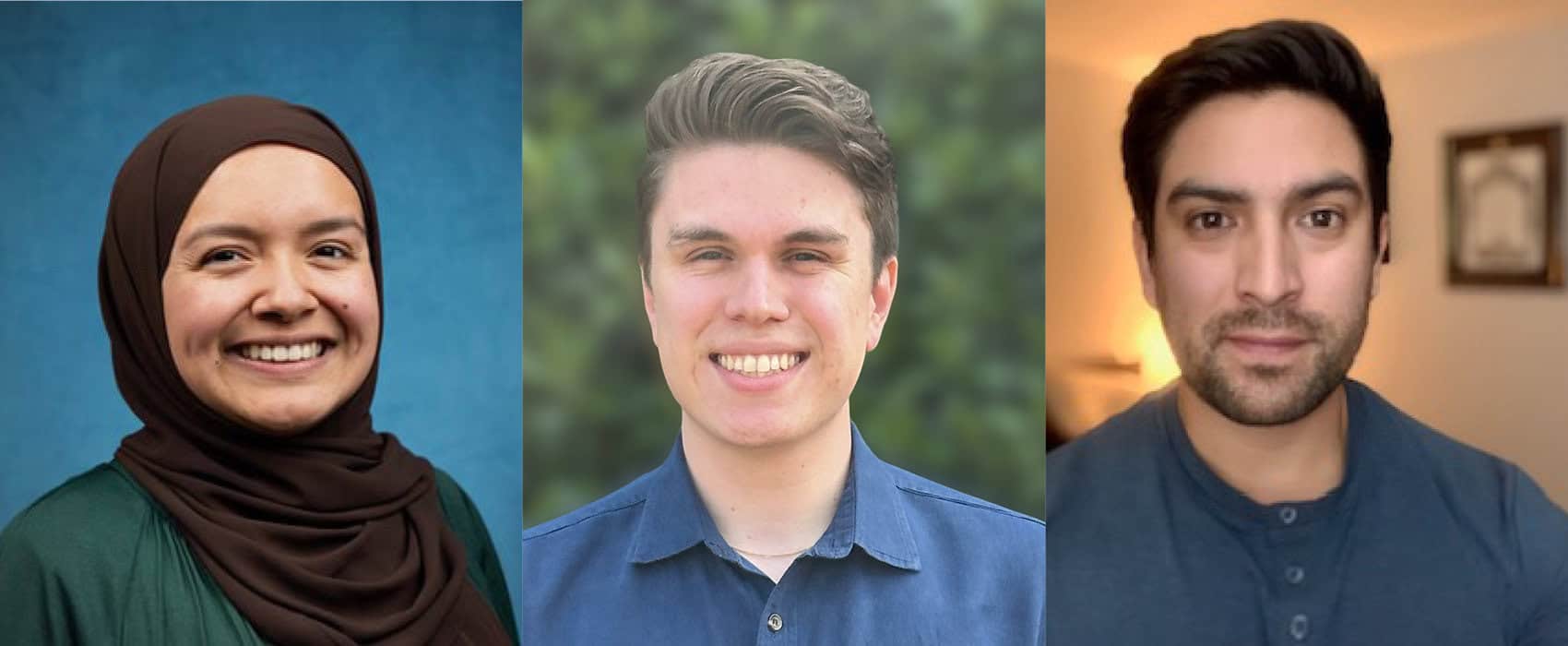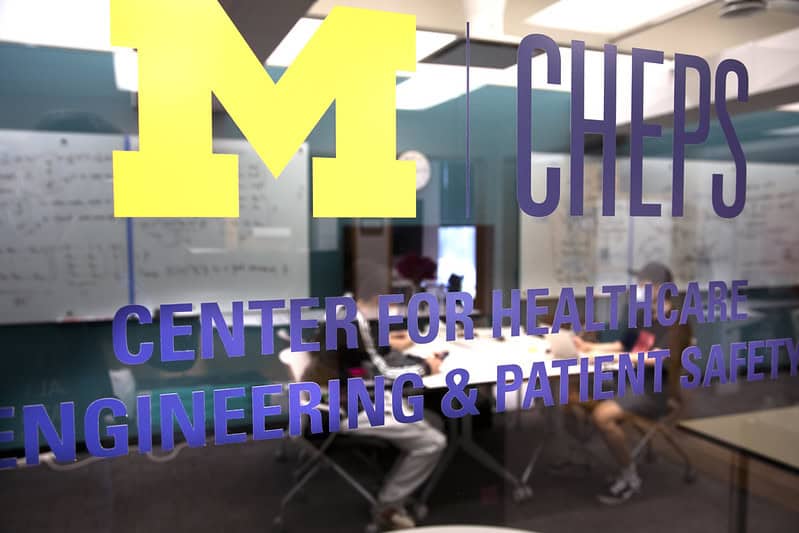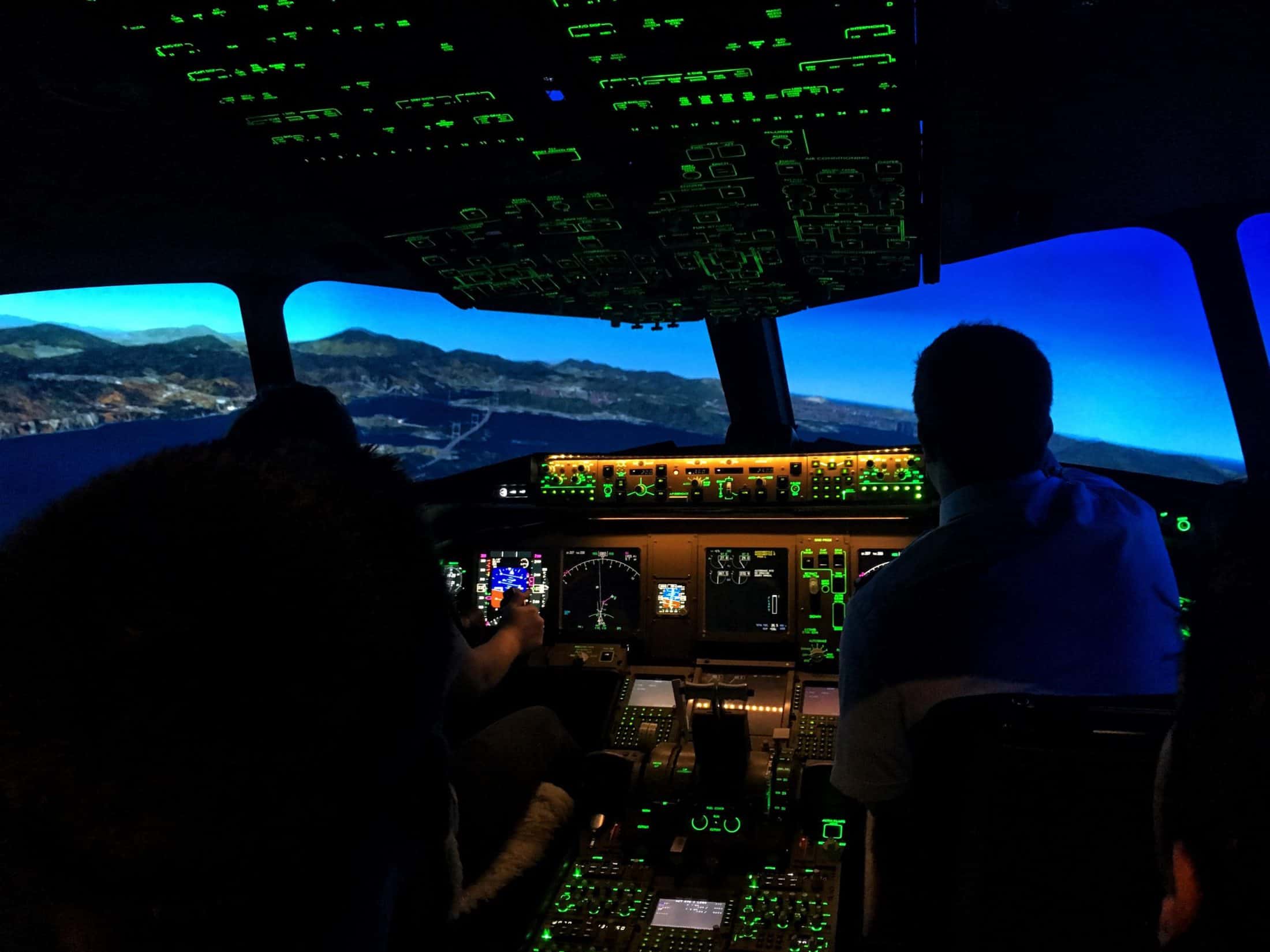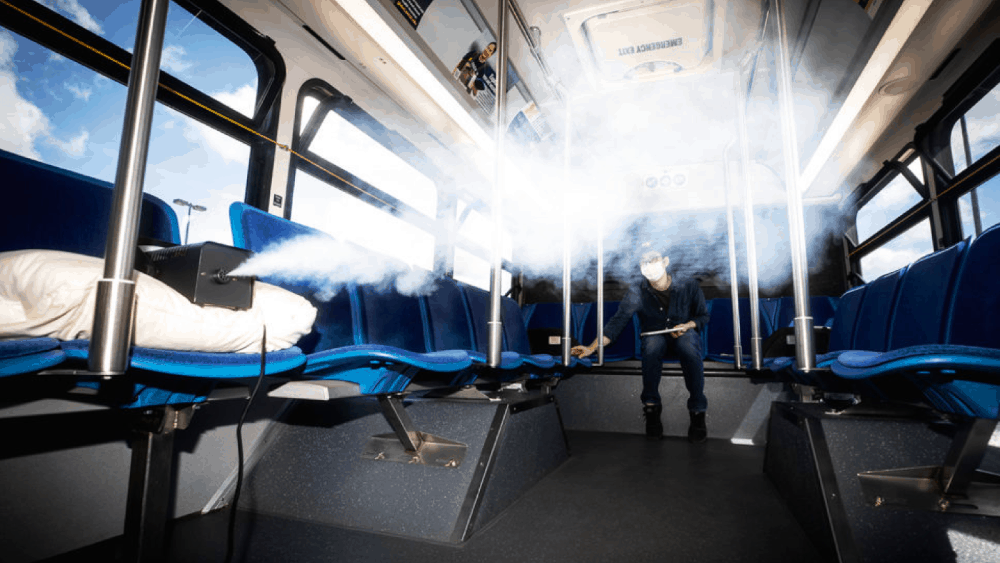Health and human safety involve many important decisions that affect people’s lives, including the management of expensive resources in health systems, complex clinical treatment decisions, and the design of safe environments for people to live and work. Harnessing data from electronic health records and new technologies such as wearable sensors make it possible to improve decision making on many levels.
This area includes:
Healthcare Delivery: Optimizing operational processes for health systems to reduce costs for providers and improve patient access to high-quality care.
Human Performance and Safety: Designing safer and more efficient workplaces to increase the safety, productivity, and satisfaction of workers.
Medical Decision Making: Modeling clinical and physiological processes for shared decision making by healthcare providers and patients to improve patient care, safety, and treatment outcomes.
Related news
-

Three students recognized with NSF GRFP honorable mentions
Doctoral students Drew Hidalgo, Harrison Sims and Jennifer Zamudio, have been given honorable mentions for the 2025 National Science Foundation Graduate Research Fellowship Program.
-

IOE graduation speakers reflect on their Michigan Engineering journeys
Each spring, the University of Michigan (U-M) College of Engineering selects two student speakers for the undergraduate and graduate commencements. This year both speakers are from the Department of Industrial and Operations Engineering (IOE). Undergraduate student Bella Wash and Ph.D. student Dr. Leena Ghrayeb will share their unique paths and their commitment to human-centered engineering.
-

CHEPS finds new home in U-M IOE Department
The Center for Healthcare Engineering & Patient Safety (CHEPS) officially joined the University of Michigan’s Industrial and Operations Engineering (IOE) Department, further enhancing its mission to improve healthcare systems through systems engineering and interdisciplinary collaboration.
-

Helping people get back to work using deep learning in the occupational health system
University of Michigan researchers have produced a new prediction model using longitudinal information and deep learning to better predict the return to work time for people with occupational injuries.
-

Preventing prescription dispensing errors using machine intelligence
In the United States over four billion prescriptions are dispensed every year. Of those four billion around 2.4 million are incorrectly dispensed, which can be a fatal error. A team of researchers from the University of Michigan looks to machine intelligence to help humans reduce their dispensing errors.
-

Center for Ergonomics receives $1.1 million grant to study information automation vulnerabilities on modern flight decks
The Federal Aviation Administration has awarded Nadine Sarter and her Human-Automation Interaction and Cognition (THInC) Lab in the UM Center for Ergonomics a three-year, grant to study information management on the flight deck of highly automated aircraft.
-

Brian Denton appointed Stephen M. Pollock Collegiate Professor of Industrial and Operations Engineering
Brian Denton has been appointed the Stephen M. Pollock Collegiate Professor of Industrial and Operations Engineering, named in honor of Stephen M. Pollock, a professor emeritus and former chair of U-M IOE.
-

Kati Moug receives 2021 Generation Google Scholarship
U-M IOE PhD student, Kati Moug, has received a 2021 Generation Google Scholarship in recognition of academic performance, leadership, and a commitment to diversity, equity and inclusion.
-

The science behind campus bus changes during COVID-19
Engineers used smoke machines, physics-based modeling and route optimization algorithms to quantify risk.
-

Amy Cohn receives MDHHS funding to improve hospital staffing
U-M IOE professor, Amy Cohn, has received funding from MDHHS to improve staffing and safety issues within Michigan’s state hospital system using simulation tools and optimization techniques.